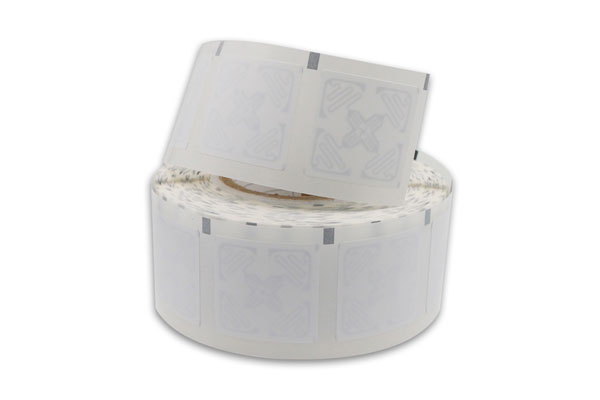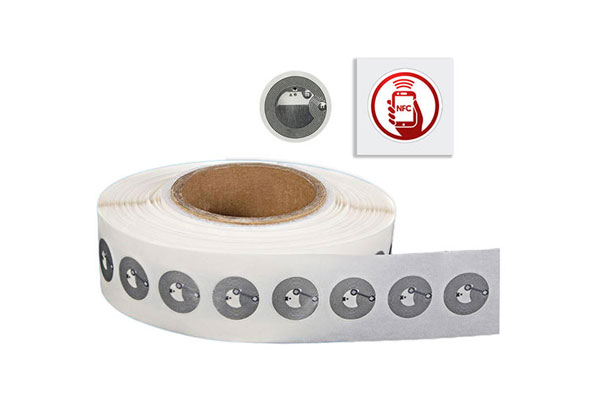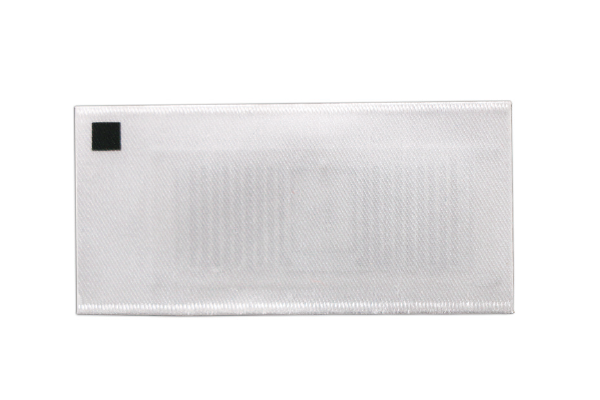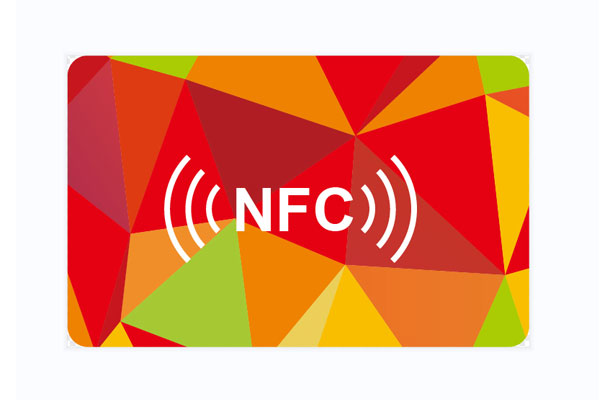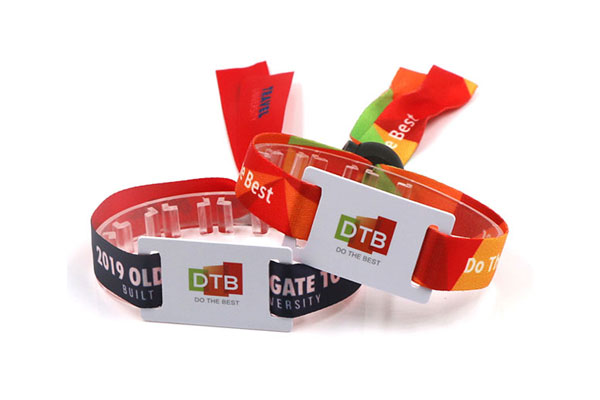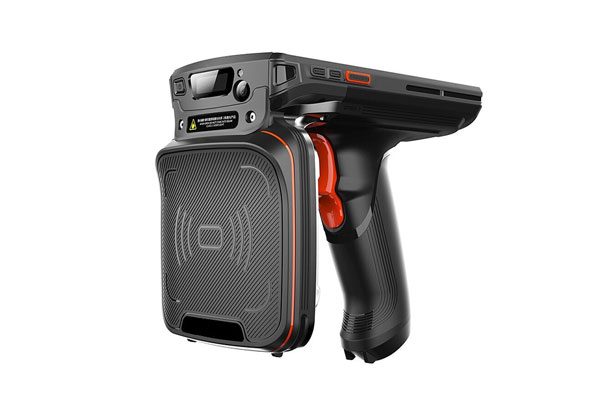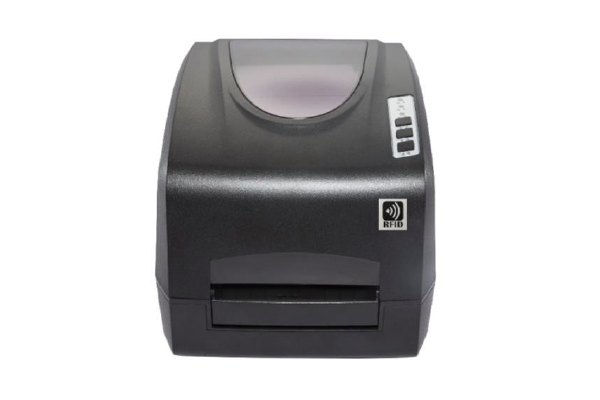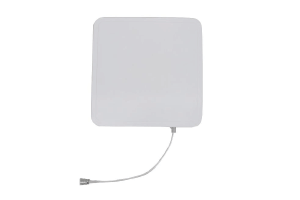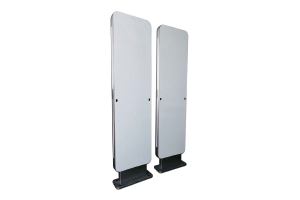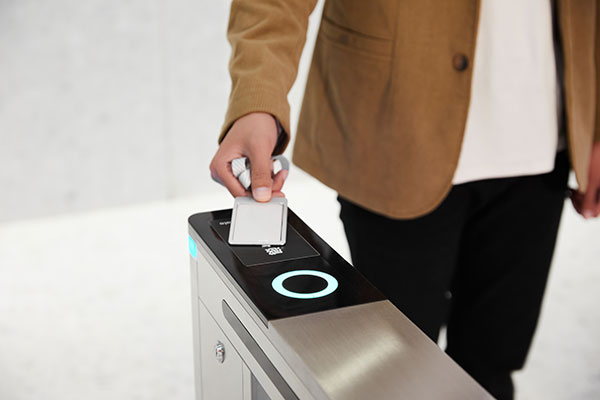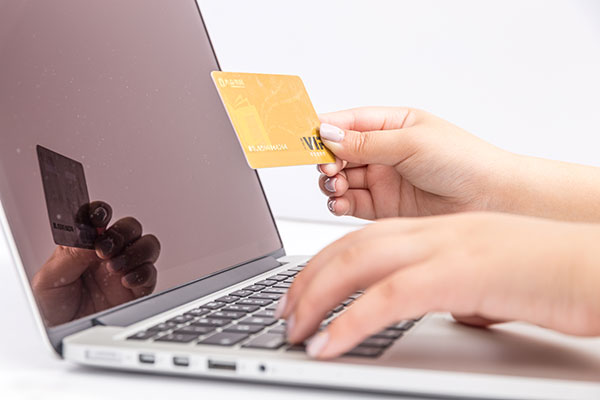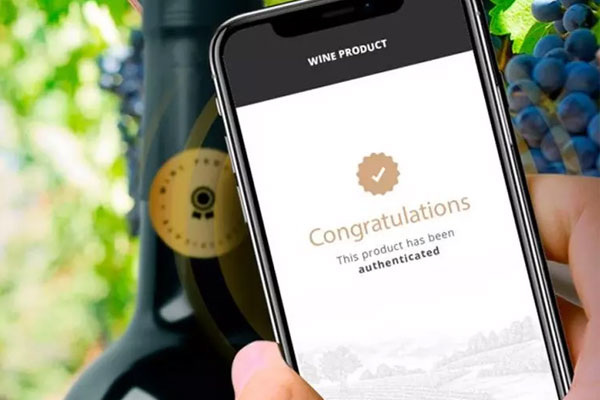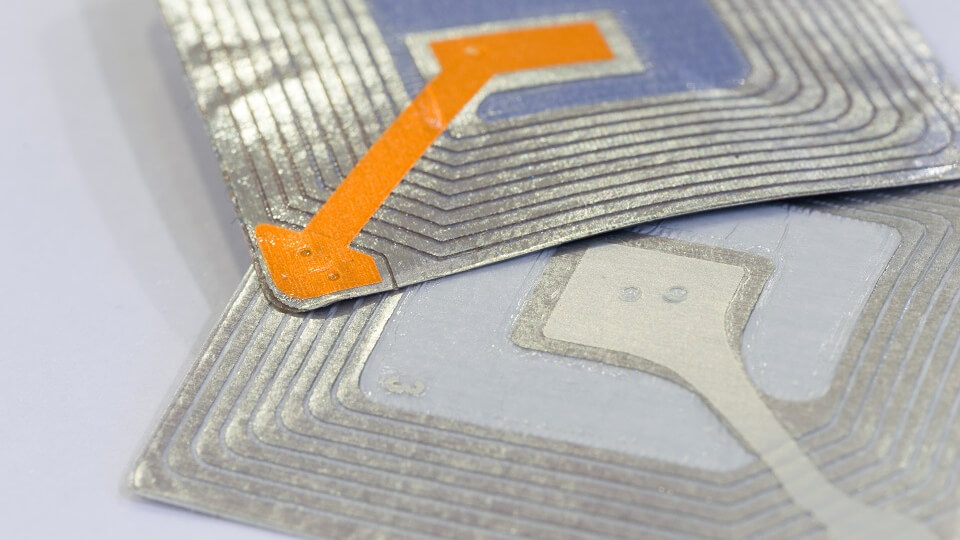NFC anti-counterfeiting is a method that utilizes Near Field Communication (NFC) technology to ensure product authenticity.
Each product is embedded with an NFC chip, allowing consumers to use NFC-enabled devices to verify authenticity.
The device communicates with a cloud-based database to compare information, ensuring the purchase of genuine products, and thereby safeguarding brand reputation and consumer rights.
NFC anti-counterfeiting typically plays a crucial role in the following three industries:
Liquor
NFC anti-counterfeiting for liquor is a technology-driven solution. Each bottle is equipped with NFC tags or chips containing unique identification data.
Consumers can use NFC-enabled smartphones to interact with the bottle’s NFC tag. The device reads NFC data and connects to a database to verify the product’s authenticity.
This ensures consumers are purchasing authentic, high-quality liquor and helps prevent counterfeit products from entering the market.
Additionally, it provides consumers with information about the product, such as its origin, age, and production process, enhancing their overall experience and trust in the brand.

Cosmetics
Cosmetic products utilizing NFC anti-counterfeiting technology enhance consumer confidence and safety.
Cosmetic items are equipped with NFC tags or chips containing unique identifiers. Consumers can use NFC-enabled devices to scan the product’s NFC tag, instantly accessing information from a secure database.
This information includes details about the product’s ingredients, expiration date, and manufacturing origin, helping consumers verify authenticity and make informed choices.
NFC anti-counterfeiting in cosmetics also aids in tracing the product’s journey from production to sale, ensuring its quality and safety standards.
Apparel, Footwear, and Accessories
In the fashion industry, NFC anti-counterfeiting serves as a robust tool to combat counterfeit products. Apparel, footwear, and accessories are integrated with NFC tags or chips.
Consumers can easily authenticate products by tapping their NFC-enabled device on the tag. This interaction triggers a connection to a central database that verifies the product’s legitimacy, offering consumers peace of mind regarding the authenticity of their purchase.
Beyond product authentication, NFC also provides consumers with product information, care instructions, and even fashion inspiration, enhancing their overall shopping experience and brand loyalty.
Compared to traditional product anti-counterfeiting methods such as holographic laser, thermochromic ink, QR codes, and engraved intaglio security features, NFC technology offers several advantages:
1. Real-time Verification
One of the most prominent advantages of NFC technology in product anti-counterfeiting is its ability to provide real-time product verification.
When consumers tap a product’s embedded NFC tag with an NFC-enabled device, such as a smartphone, it establishes a secure connection to a central database. This database contains the latest information regarding the product’s authenticity. Consumers receive instant feedback confirming whether the product is genuine or counterfeit.
This real-time verification ensures that consumers can trust the products they purchase and helps in quickly identifying counterfeit goods in the market.
This advantage sets NFC apart from many traditional methods, such as holographic laser and thermochromic ink, which may rely on static or less immediate authentication processes.
2. Enhanced Consumer Engagement
NFC technology not only serves as a means of product anti-counterfeiting but also offers an additional level of interaction with consumers.
Beyond product authentication, NFC tags can provide consumers with valuable product information. For example, consumers can access detailed information about the product’s origin, ingredients, manufacturing process, care instructions, and even related promotions or content.
This interaction fosters a deeper connection between consumers and brands, enhancing the overall product experience.
Traditional methods like QR codes or engraved intaglio security features lack this dynamic and personalized engagement aspect, making NFC a more versatile tool for brand-consumer interactions.
3. Ease of Use and Convenience
NFC’s simplicity and ease of use make it a standout advantage.
Consumers can authenticate products with a straightforward tap of their NFC-enabled device. This process is user-friendly and does not require specific skills or additional equipment.
It is particularly valuable in scenarios where consumers need quick verification, such as during a purchase or when inspecting a product’s authenticity in a retail store.
In contrast, some traditional methods like holographic laser or engraved intaglio features may involve complex procedures that are less convenient for consumers.
NFC’s user-friendliness contributes to its widespread adoption and effectiveness as a product authentication solution.
DTBRFID has extensive experience in NFC product anti-counterfeiting. Feel free to reach out for further inquiries and consultations.

